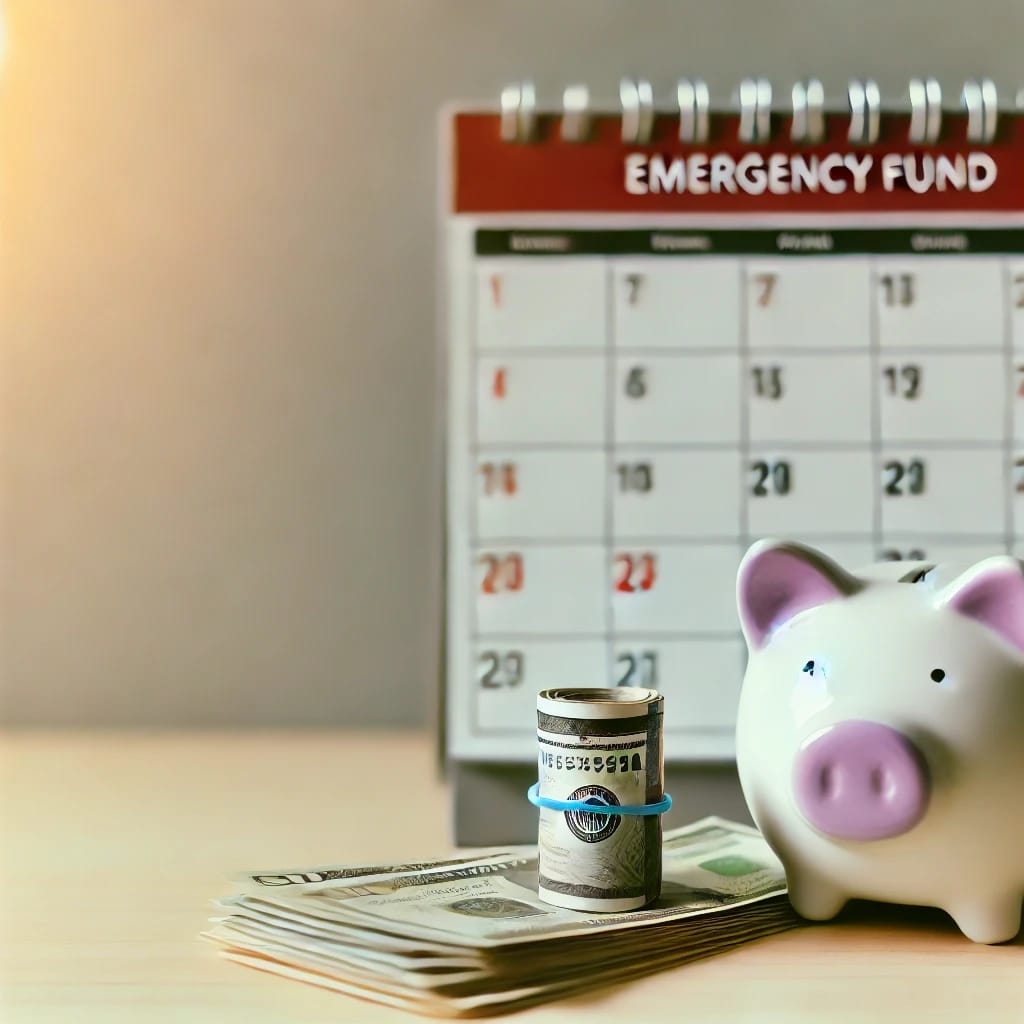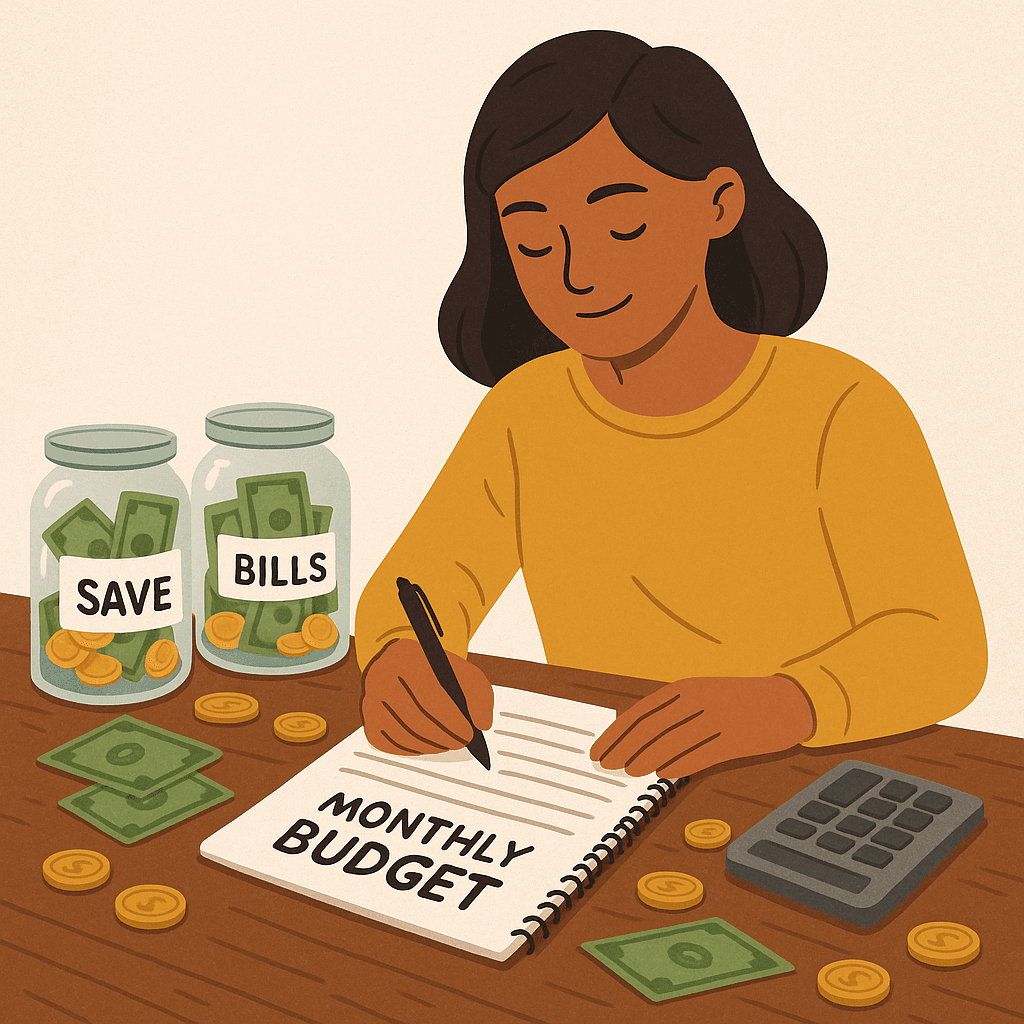Building good credit can feel like solving a mystery when you’re starting from scratch. Credit scores affect so many parts of life—getting approved for loans, renting an apartment, even landing some jobs. But where do you begin when you don’t have a credit history? Let’s dive into it, step by step, and spark a conversation about what really works.
Understand Why Credit Matters in the First Place
Have you ever thought about why credit is such a big deal? It’s not just about borrowing money. Your credit score tells lenders, landlords, and even some employers how responsible you are. But here’s the twist—if you’ve never borrowed before, how do you prove you’re responsible?
Think about it this way: building credit is like building trust. It takes time, consistency, and smart decisions. But what are the key things that affect your credit score, and how do you make them work for you? Let’s discuss this in the forum. What does good credit really mean in everyday life?
Start with a Secured Credit Card
If you don’t have credit, getting approved for a regular credit card can feel impossible. That’s where a secured credit card comes in. You put down a deposit, and that deposit becomes your credit limit. It’s like training wheels for building credit.
But here’s the catch—you still have to use it wisely. Only spend what you can pay off in full each month. Use it to pay for small, regular expenses like gas or groceries, and then pay the balance off before it’s due. But how do you avoid the trap of overspending, even with a low limit? Let’s talk about this in the forum. Is a secured card the best first step?
Pay Your Bills on Time, Every Time
This one sounds obvious, but it’s worth repeating: paying your bills on time is one of the most important factors in building good credit. Late payments can seriously hurt your score, especially when you’re just starting out.
Here’s a tip: set up automatic payments for anything you can—credit card bills, utilities, or even subscriptions. But here’s the deeper question—what happens if something unexpected comes up and you can’t pay on time? Let’s explore this in the forum. What’s the best way to handle late payments and minimize the damage?
Keep Your Credit Utilization Low
Credit utilization is how much of your available credit you’re using. For example, if your credit card has a $1,000 limit and you spend $500, your utilization is 50%. Most experts recommend keeping it under 30%, but the lower, the better.
Here’s a trick: even if you use your card regularly, try making multiple payments throughout the month to keep your balance low. But how do you juggle using credit cards while staying disciplined? Let’s chat in the forum. What’s the right balance between using credit and avoiding debt?
Avoid Applying for Too Much Credit at Once
When you’re new to credit, it’s tempting to apply for every card or loan that comes your way. But each application triggers a “hard inquiry,” and too many hard inquiries can lower your score. It also makes you look desperate to lenders.
Instead, focus on one or two good options to start with, like a secured card or a student credit card. But here’s a thought—how do you know which credit offers are worth considering and which ones are traps? Let’s unpack this in the forum. What’s the best way to choose your first credit product?
Check Your Credit Report Regularly
Even if you’re just starting out, it’s important to keep an eye on your credit report. Mistakes happen, and identity theft can strike anyone. The sooner you catch an error, the easier it is to fix.
You can get a free credit report from each of the major bureaus once a year. But here’s the thing—what should you look for, and how do you handle it if you find something wrong? Let’s discuss this in the forum. What’s the best way to keep your credit report clean and accurate?
Be Patient—Building Credit Takes Time
Here’s the part no one likes to hear: building good credit doesn’t happen overnight. It takes months, even years, of consistent, responsible behavior. But the payoff is worth it. A strong credit score opens doors to better financial opportunities.
Think of it like planting a tree. You water it, care for it, and wait. It doesn’t grow instantly, but when it does, it’s solid and reliable. But how do you stay motivated when progress feels slow? Let’s explore this in the forum. What keeps you going when you’re building credit from scratch?
Avoid Common Credit Mistakes
Starting out, it’s easy to make mistakes like maxing out your card, missing payments, or closing your first account too soon. These can set you back and make building good credit even harder.
But here’s the thing—everyone makes mistakes. The key is learning from them and moving forward. What’s one mistake you’ve made, or you’re afraid of making, with credit? Let’s talk about it in the forum. What are the biggest pitfalls for beginners, and how can we avoid them?
Don’t Borrow More Than You Can Handle
This one’s tough, isn’t it? Credit can feel like “free money,” but it’s not. Every dollar you borrow has to be paid back, usually with interest. It’s easy to dig yourself into a hole before you even realize it.
Think about it this way: every time you use credit, ask yourself, “Can I pay this off right now?” If the answer is no, think twice. But how do you balance using credit to build a score without taking on debt? Let’s dive into this in the forum. What’s the right approach to responsible borrowing?
Building good credit isn’t just about the numbers—it’s about creating habits that set you up for financial success. These ideas are just the beginning. Let’s continue this conversation in the forum. Join the discussion and share your thoughts, questions, and experiences about building credit!



